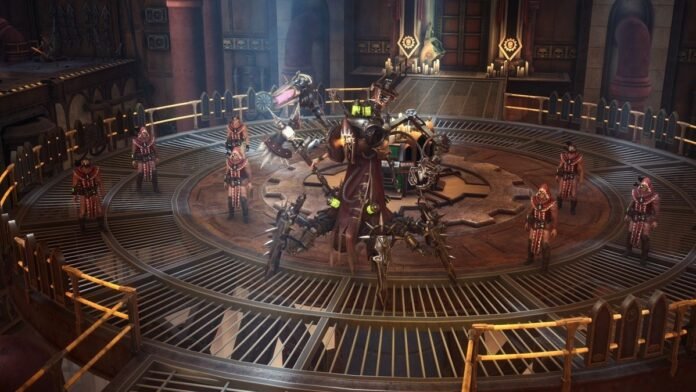Owlcat Games, known for titles like Warhammer 40,000: Rogue Trader and Pathfinder series, recently stirred up the gaming community by announcing its use of AI and machine learning technologies in the development of its next, yet-to-be-announced project. This decision led to a heated debate over the role of AI in creative processes and the potential implications for the gaming industry.
AI Integration in Game Development
Last week, an advertisement for a new concept artist position at Owlcat Games specified the requirement for experience with AI technologies such as Midjourney and DALL-E. The studio later clarified that AI tools would be employed to assist in concept work and speed up internal processes, like creative search and inspiration, but assured that the final game art would be created by human artists. Despite removing mentions of AI from the job listing to avoid misinterpretation, the studio’s initial announcement raised concerns about the authenticity and originality of AI-generated art and its impact on jobs within the gaming industry.
Community Backlash and Ethical Concerns
The gaming community’s response to Owlcat’s announcement was predominantly negative, with many expressing disappointment and concern over the implications of integrating AI into the creative process. Critics argue that relying on AI for inspiration could undermine the uniqueness of game art, as AI-generated images are often derived from existing works. Additionally, there are fears that increasing reliance on AI could jeopardize the jobs of talented game developers, especially in light of recent industry layoffs. Owlcat Games, however, reiterated its commitment to not replacing artists with neural networks, stating that all game art, including concepts and portraits, would be exclusively crafted by human professionals.
Future Implications for the Gaming Industry
The debate surrounding Owlcat Games’ use of AI highlights broader questions about the role of technology in creative industries. While AI tools can offer new avenues for inspiration and potentially streamline development processes, they also pose ethical and practical challenges. The gaming community’s strong reaction to Owlcat’s announcement reflects wider concerns about the balance between innovation and preserving the integrity of creative professions. As the industry continues to evolve, the dialogue between technological advancement and artistic authenticity remains more relevant than ever.
As Owlcat Games moves forward with its project, the outcome of this controversy may set a precedent for how AI is integrated into game development processes. The studio’s experience underscores the importance of transparency and dialogue with the community when introducing new technologies into traditional creative workflows. The ongoing debate serves as a reminder of the value placed on human creativity and the need for careful consideration of technology’s role in enhancing, rather than replacing, the human touch in art.









